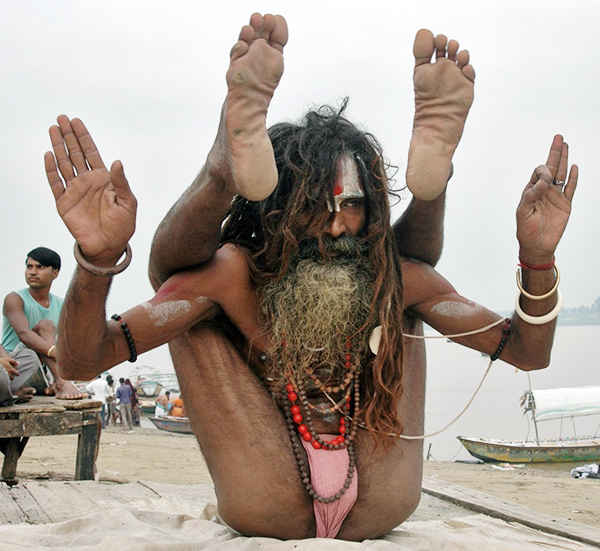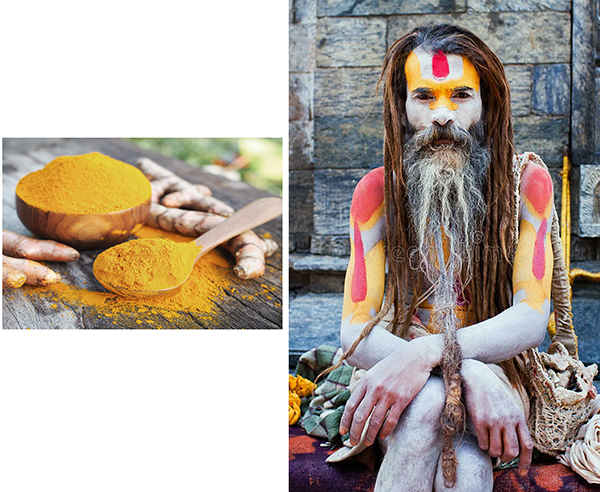Why do Indians smell bad?

Understanding Body Odor: Myths and Facts
Body odor is a natural phenomenon experienced by all humans. The notion that a specific group of people, example: Indians, smells bad is a stereotype that is often based on cultural biases and misunderstandings. This explanation aims to delve into various factors influencing body odor and debunk myths associated with it.
Biological Factors

Sweat Glands
Humans possess two kinds of sweat glands: eccrine and apocrine glands. Eccrine glands are distributed throughout the body and secrete a watery sweat. In contrast, apocrine glands are found in areas – example: the armpits and groin and produce a denser sweat that contains proteins and fats. The bacteria on the skin decompose this sweat, resulting in body odor.
Diet
Diet plays a significant role in body odor. Foods rich in spices, garlic, and onions, which are common in Indian cuisine, can lead to more potent body odors. This is because certain compounds from these foods are excreted through sweat. However, this dietary influence is not unique to Indians and can be observed in anyone who consumes such foods.
Genetics
Genetic factors influence body odor, including the type and amount of sweat produced and the bacteria present on the skin. Genetic diversity means that there are variations within any ethnic group, and no single ethnic group can be generalized as having a specific body odor.
Cultural Practices

Hygiene Practices
Hygiene practices vary widely across cultures. In India, traditional practices might include the use of natural oils, herbs, and other products that might have distinct smells unfamiliar to those from different cultures. Moreover, due to differences in climate and lifestyle, daily bathing practices might also vary.
Use of Perfumes and Deodorants
The use of perfumes and deodorants is also culturally influenced. In some societies, the use of strong fragrances is more common, while in others, natural body scents might be more acceptable. This can lead to different perceptions of body odor when individuals from diverse backgrounds interact.
Environmental Factors
- Climate
India’s climate, which ranges from tropical to temperate, can influence sweating patterns. Hot and humid weather can lead to increased sweating, which, when combined with certain diets and hygiene practices, might result in a stronger body odor.

- Urbanization and Pollution
High levels of urbanization and pollution in certain parts of India can contribute to a different overall scent in the environment. Pollution can stick to the skin and clothes, potentially altering body odor.
Historical Context

Colonial Attitudes
During the British colonial period, negative stereotypes about Indians were propagated to justify colonial rule. These stereotypes often included derogatory comments about hygiene and body odor, which have persisted over time. This historical context has contributed to the perpetuation of such myths.
Post-Colonial Influence
Post-colonial literature and media have sometimes continued to perpetuate these stereotypes, impacting global perceptions of Indian hygiene and body odor. These portrayals are often based on outdated and biased views rather than factual evidence.
Modern Perspectives

- Globalization and Travel
With increased globalization and travel, people are more exposed to different cultures and practices, leading to a better understanding and appreciation of diversity. Misconceptions about body odor based on ethnicity are increasingly recognized as unfounded and prejudiced.
- Scientific Research
Modern scientific research on body odor focuses on individual differences rather than ethnic generalizations. Studies highlight that factors – example: diet, genetics, and personal hygiene are the primary determinants of body odor, regardless of ethnicity.
The perception that Indians smell bad is a stereotype rooted in historical biases and a lack of understanding of cultural differences. Body odor is influenced by a complex interplay of biological, dietary, cultural, and environmental factors. It is important to approach such topics with sensitivity and awareness, recognizing the individuality and diversity within any group of people.
Addressing and debunking such stereotypes can contribute to greater cultural understanding and respect, fostering a more inclusive and respectful global community.












